Basic Ubuntu Server Operations Using VirtualBox
Learn how to install, configure, and manage Ubuntu Server in a virtualized environment. The course includes steps from installing VirtualBox and creating virtual machines to using basic Linux commands, managing users and groups, configuring networks, and managing software packages. After completing the course, you will have mastered the basic skills needed to operate an Ubuntu Server effectively, laying a solid foundation for those who want to become system administrators.
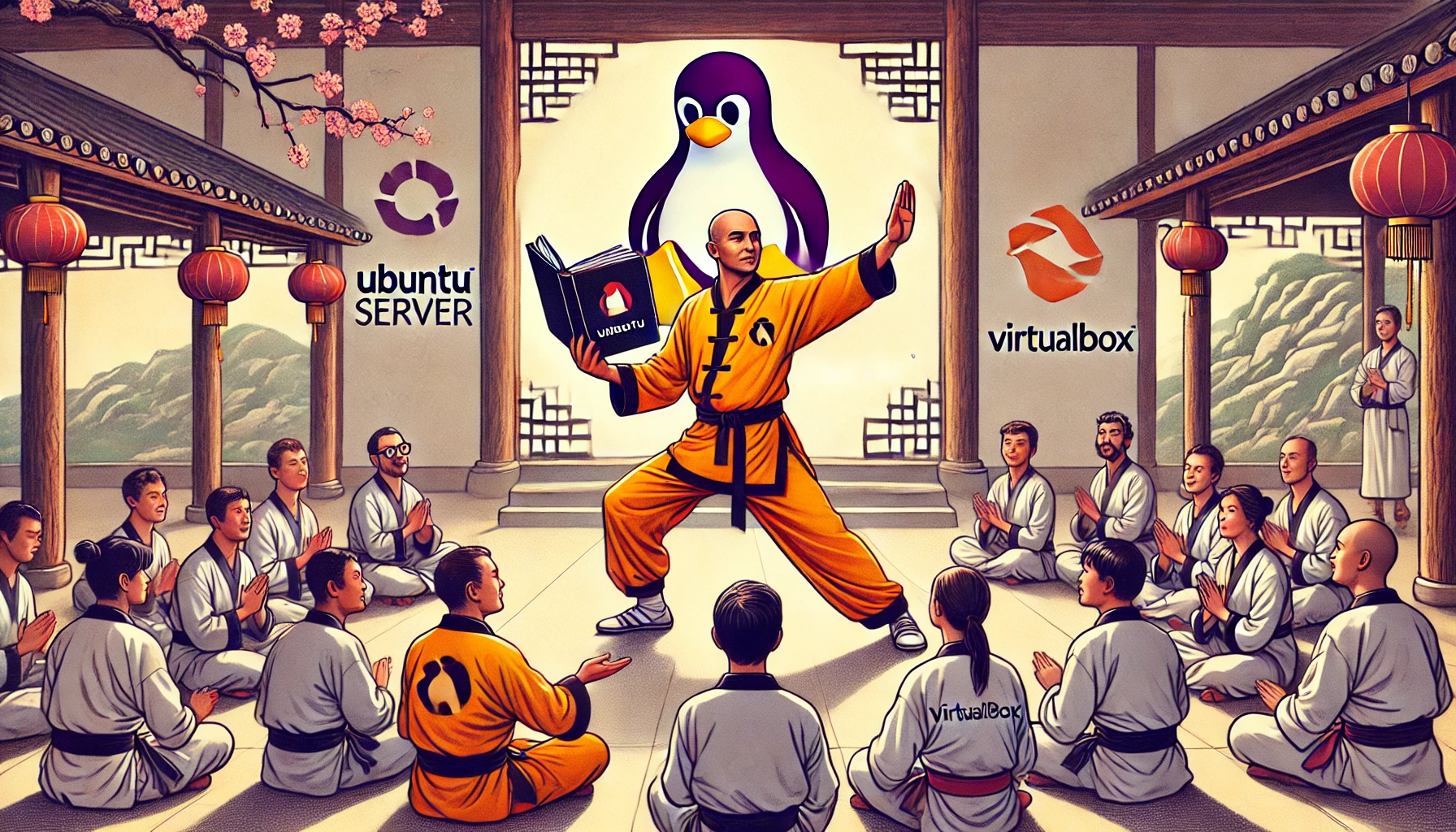
Lesson 1 - Introduction to Ubuntu Server and VirtualBox
In this lesson, you will learn about Ubuntu Server and VirtualBox, as well as how to install them on your computer. Ubuntu Server is a Linux operating system based on Debian, designed to run on servers and virtual machines. VirtualBox is an open-source virtualization application, allowing you to create and manage virtual machines on your personal computer.
#ubuntu-server #virtualbox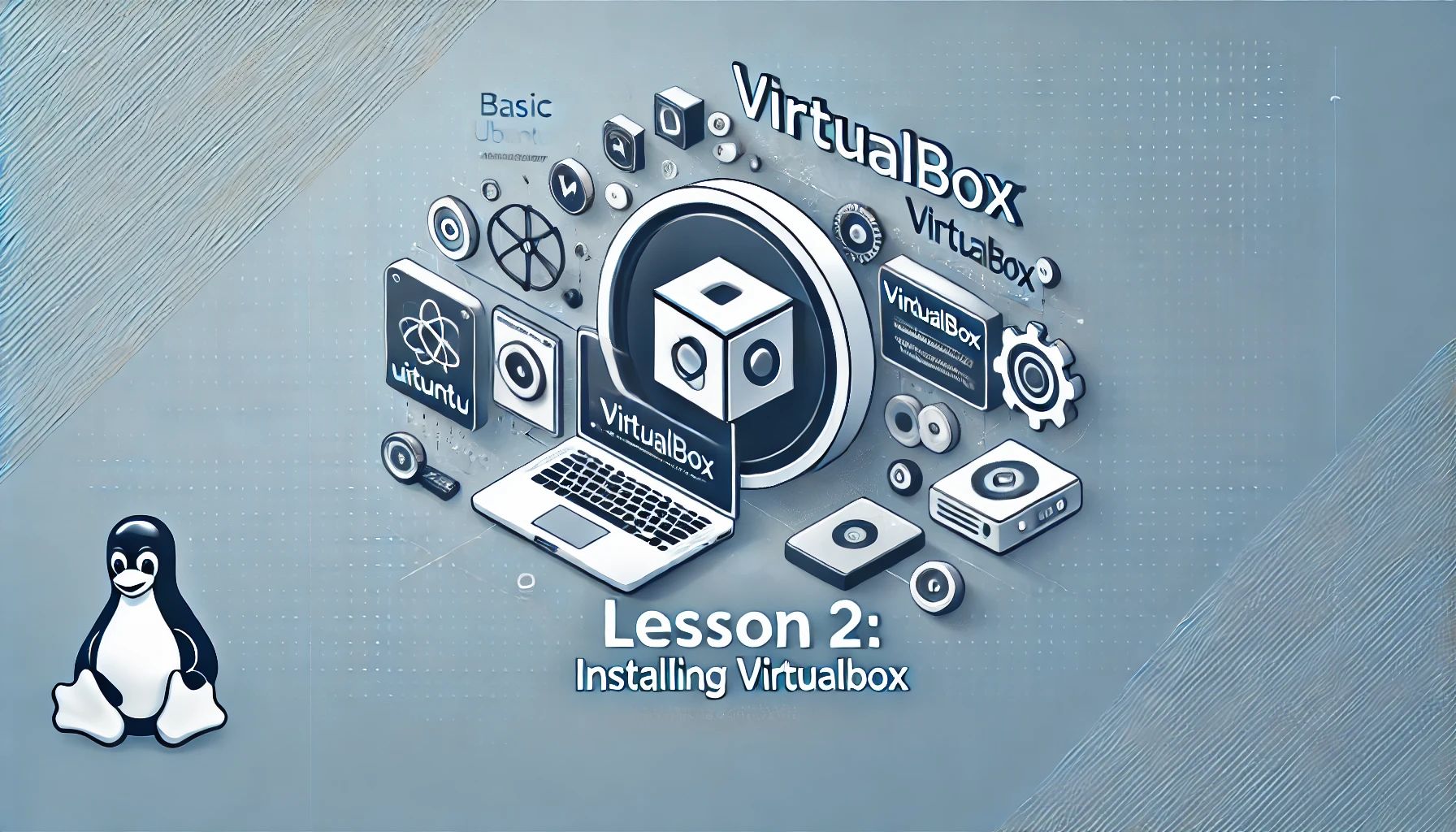
Lesson 2 - Installing VirtualBox
In this article, we will learn how to install Oracle VM VirtualBox on Windows.
#ubuntu-server #virtualbox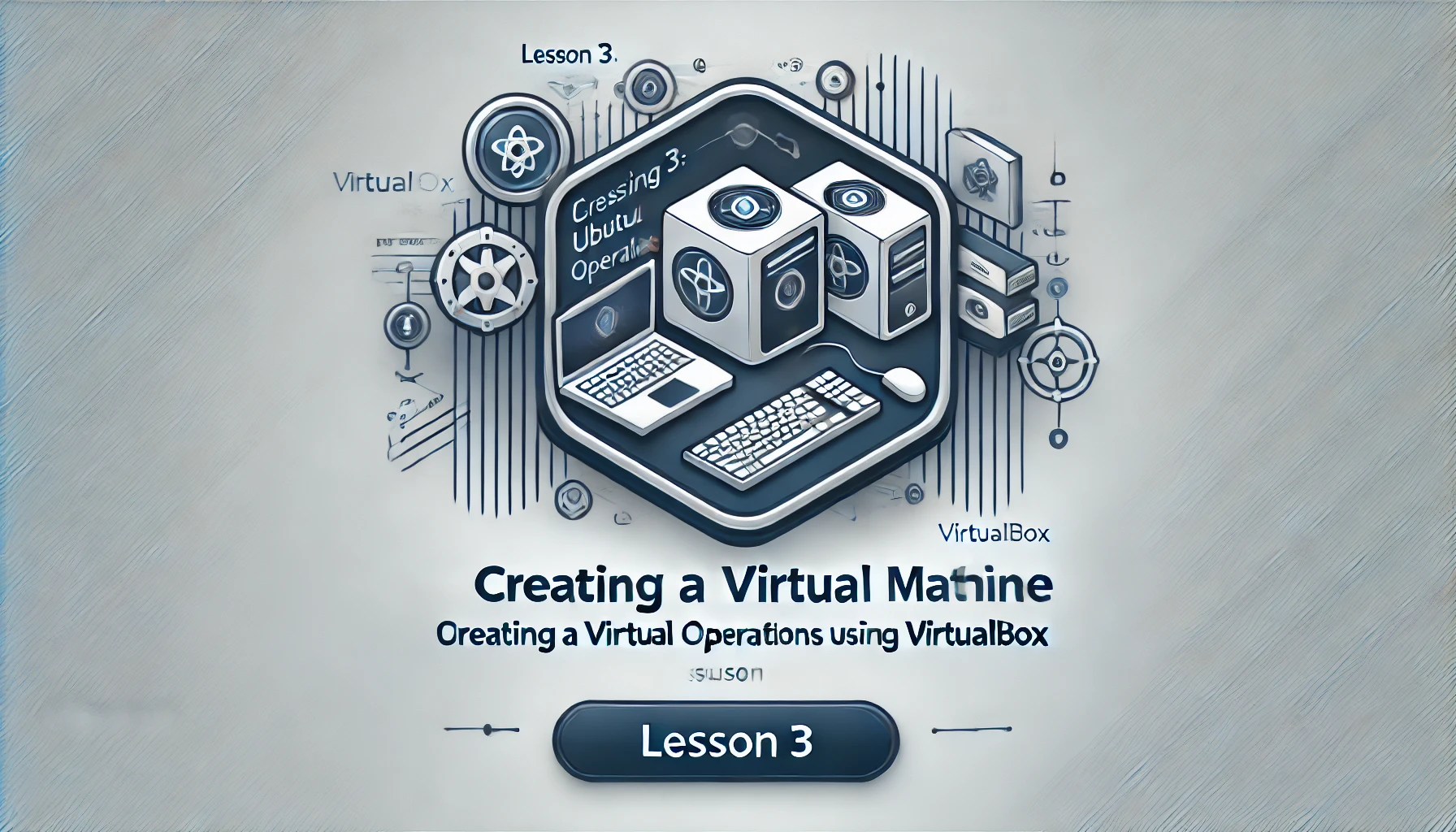
Lesson 3 - Creating a Virtual Machine in VirtualBox
In this article, we will explore how to create a virtual machine in Oracle VM VirtualBox to install the Ubuntu Server operating system.
#ubuntu-server #virtualbox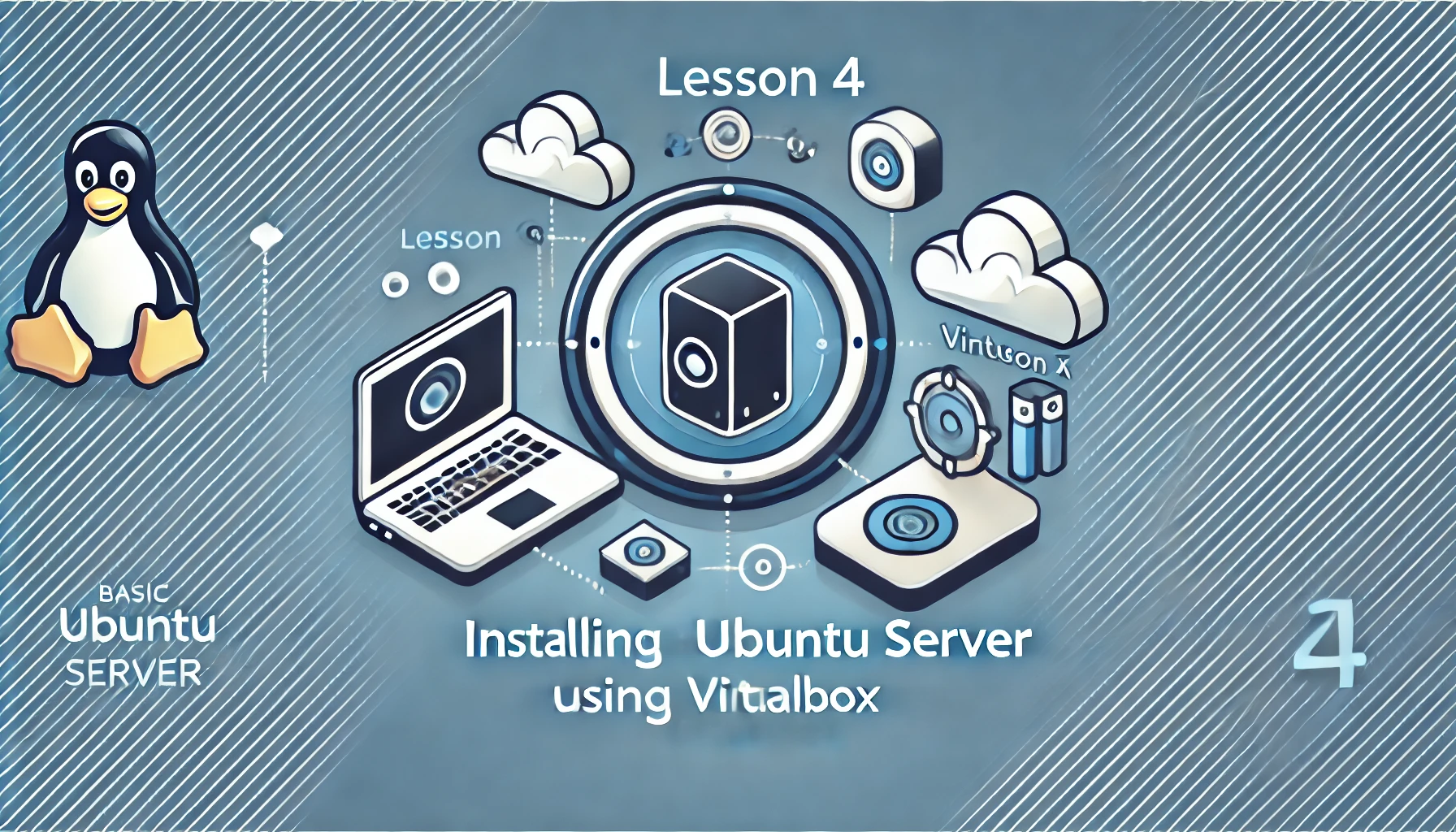
Lesson 4 - Installing Ubuntu Server on VirtualBox
Learn how to install Ubuntu Server on VirtualBox, the first step to creating a virtual server on your personal computer.
#ubuntu-server #virtualbox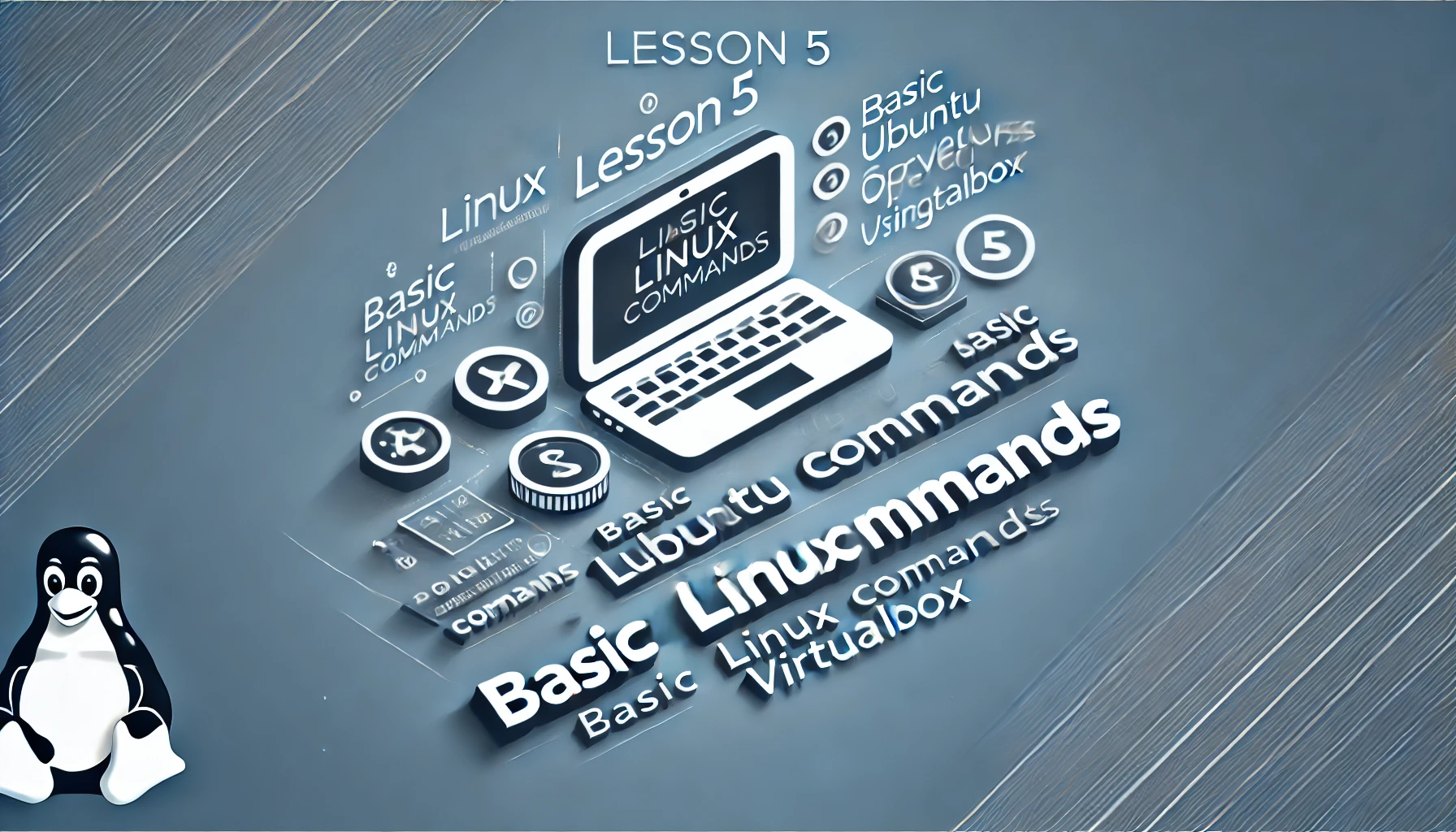
Lesson 6 - Basic Linux Commands on Ubuntu
Learn how to use basic Linux commands to manage your system and interact with the operating system, including navigating directories, managing files and directories, and viewing and editing files.
#ubuntu-server #virtualbox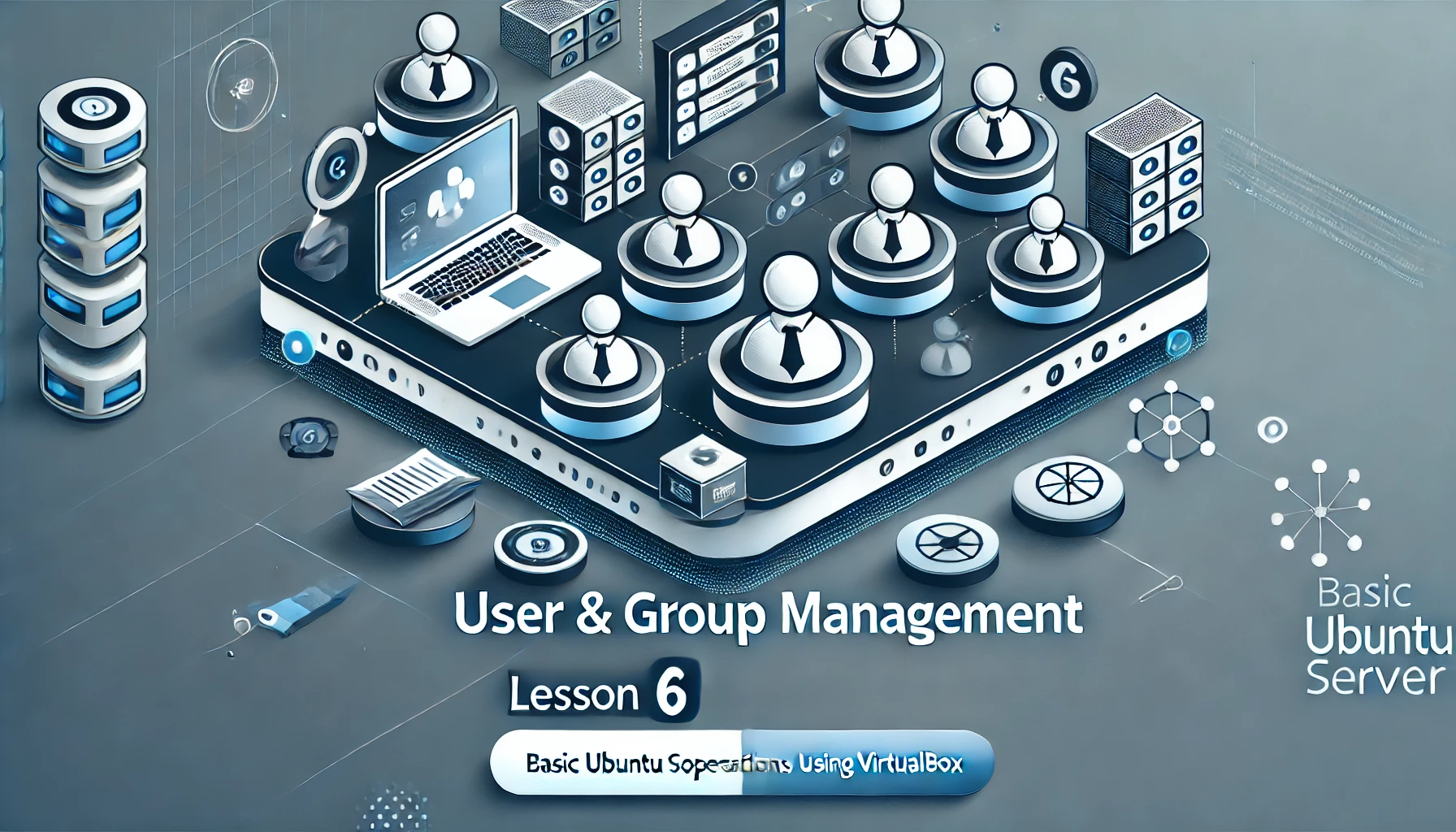
Lesson 6 - User and Group Management on Ubuntu
In this lesson, we will learn how to manage users and groups in the Linux system. Managing users and groups is an important part of ensuring security and organization in the system. We will learn how to create and manage users, manage groups, and set access permissions using basic commands such as `adduser`, `deluser`, `usermod`, `groupadd`, `groupdel`, `groupmod`, `chmod`, `chown`, and `chgrp`.
#ubuntu-server #virtualbox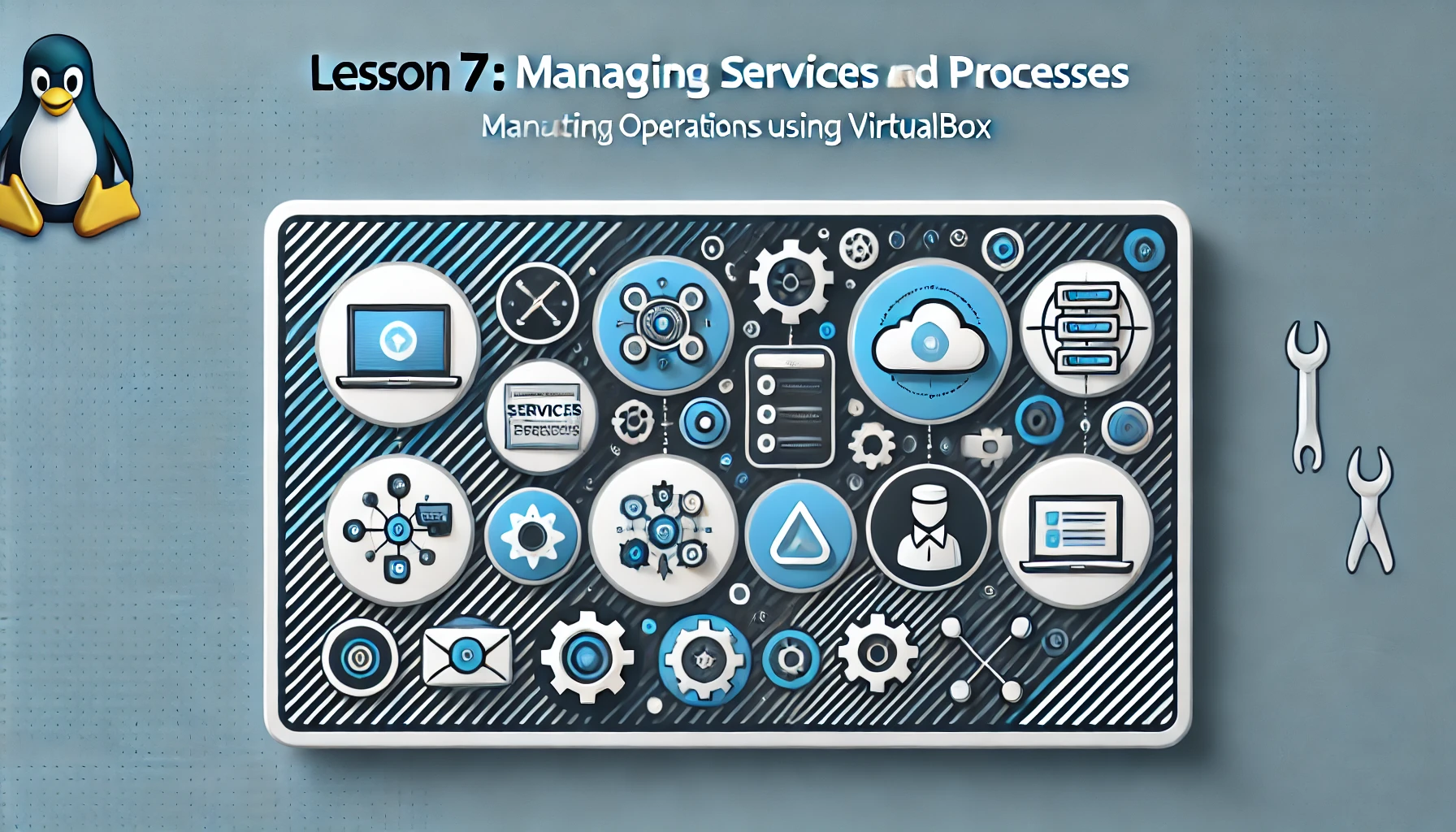
Lesson 7 - Managing Services and Processes on Ubuntu
Learn how to manage services and processes on Ubuntu Server to start, stop, and manage services, as well as view and manage running processes on the system.
#ubuntu-server #virtualbox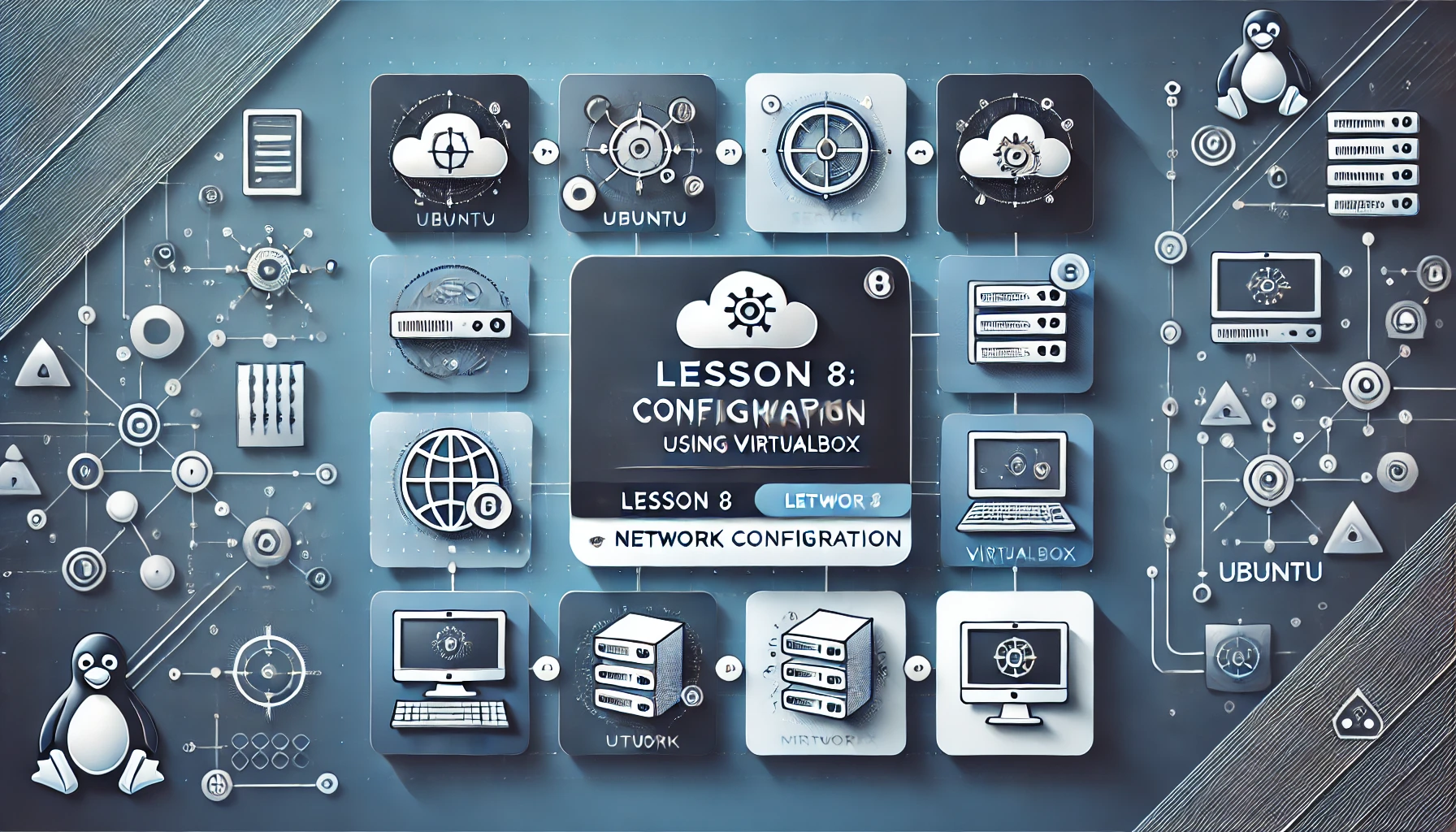
Lesson 8 - Network Configuration on Ubuntu
Learn how to configure network settings on Ubuntu Server to connect to the internet and other devices on the network.
#ubuntu-server #virtualbox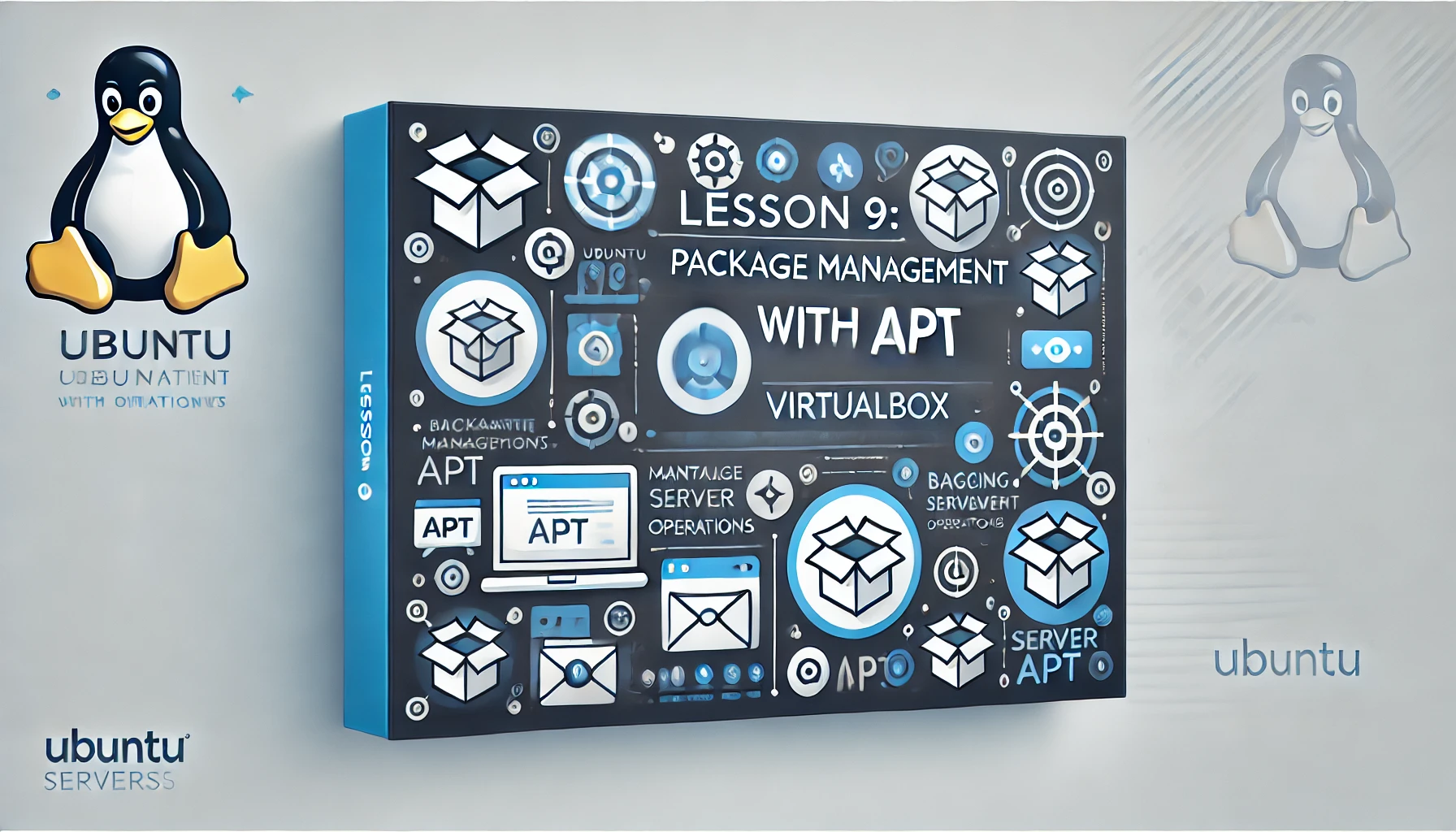
Lesson 9 - Managing Packages with APT on Ubuntu
In this lesson, we will learn how to manage software packages on an Ubuntu Server using APT, a popular package management tool on Debian-based operating systems, including Ubuntu, that helps you install, update, and remove software efficiently.
#ubuntu-server #virtualbox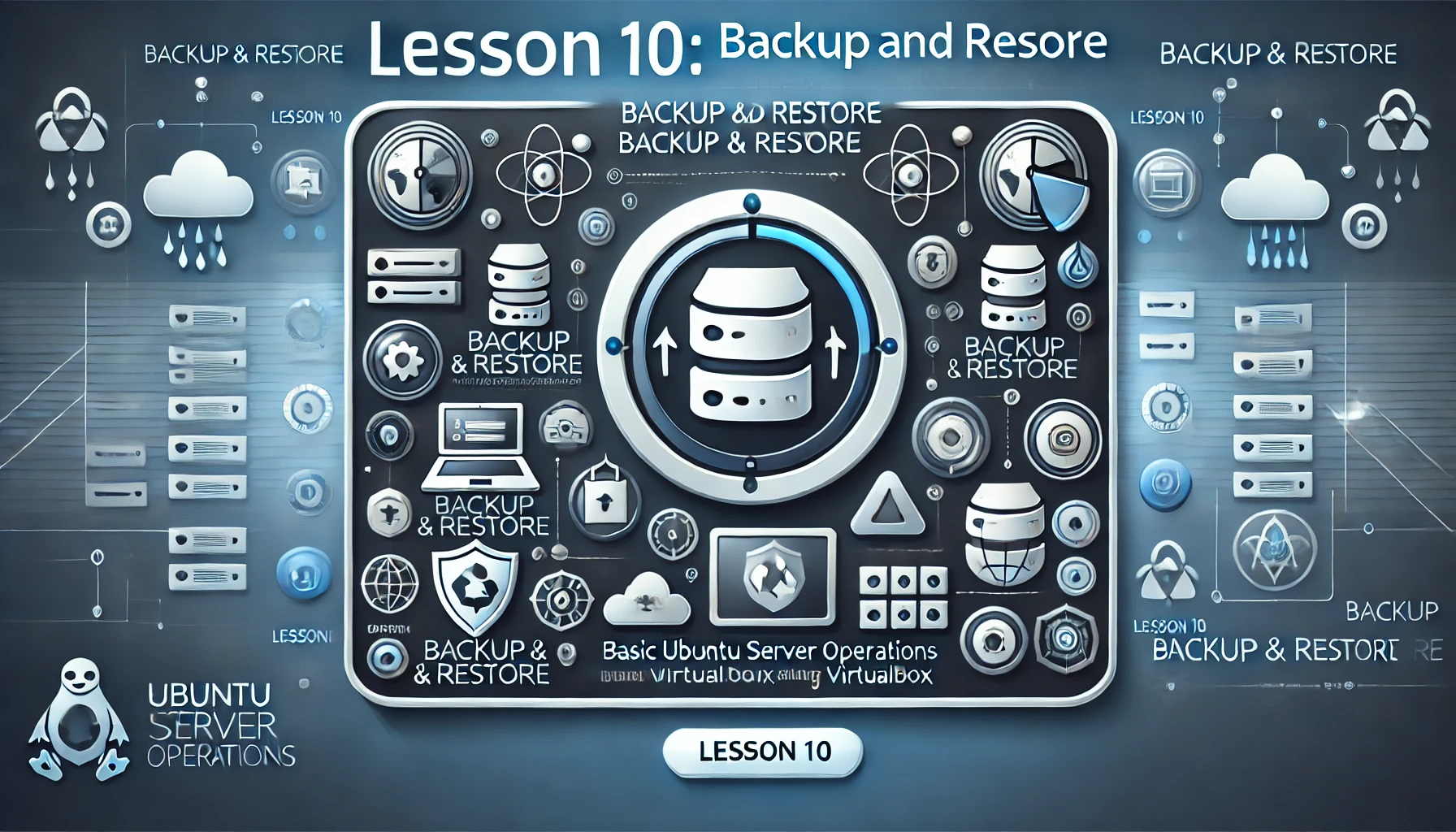
Lesson 10 - Backup and Restore on Ubuntu
In this lesson, we will learn how to back up and restore data on an Ubuntu Server. Data backup is an essential part of protecting your critical data from loss and corruption, while helping you recover data quickly when needed, using tools like `tar` and `rsync`, setting up automated backups with `cron`, and restoring data from a backup.
#ubuntu-server #virtualbox